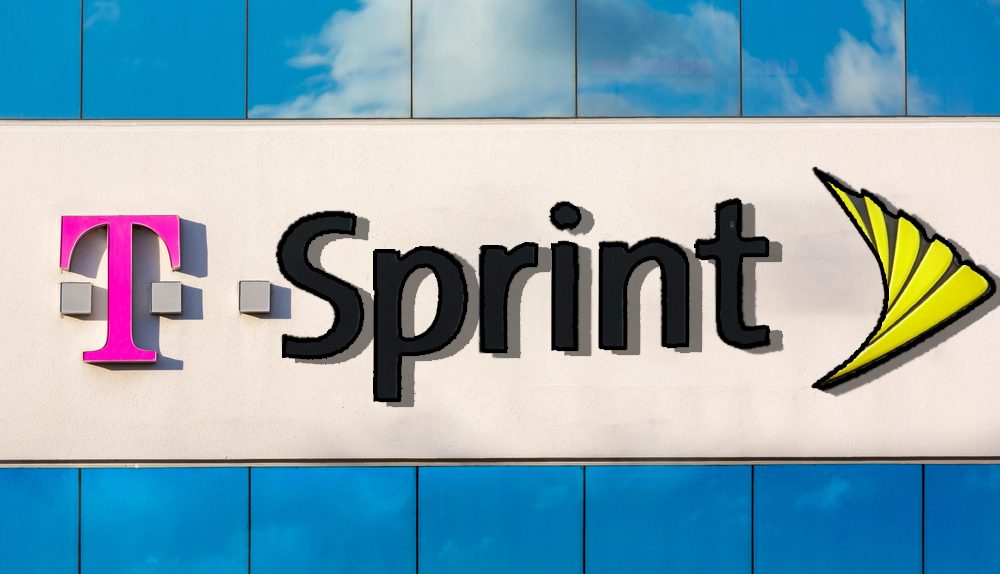When T-Mobile and Sprint finally made their merger official in April, after years of coquettish flirting, the big question instantly became whether the government would allow the merger to go ahead. Antitrust regulators aren’t typically wild about horizontal mergers between two companies with significant market share, and as we’ve covered extensively before, there’s a very real reason to believe that the T-Mobile Sprint merger will be terrible news for cell plan costs down the line.
According to Reuters, at least someone in the Justice Department (which oversees antitrust investigations) feels the same. The news agency reports that the Department of Justice is “probing the effect of a Sprint T-Mobile merger on wireless wholesale pricing.” While that’s a long way away from having an active investigation open — and even that wouldn’t necessarily mean that the government would sue to block a deal — it is an indication that the DoJ has some concerns about the merger.
“The Justice Department, which is evaluating T-Mobile’s $26 billion deal to buy Sprint, has been speaking with small wireless operators that buy access to the major wireless networks at wholesale rates, and is seeking their opinions about the merger,” Reuters reports. David Glickman, the CEO of Mint Mobile and Ultra Mobile, confirmed to Reuters that he had spoken to investigators.
It was clear from the very beginning that Sprint and T-Mobile would face an uphill battle to persuade regulators that a merger would be in the country’s best interests. In the short term, merging the two companies will inevitably lead to job losses, as Sprint and T-Mobile stores overlap significantly, and “efficiencies” will undoubtedly be found in customer service, and every other back-office function. So, New T-Mobile kicked off its PR campaign with the angle that New T-Mobile is the only company that can build out a 5G network quickly, and building out a 5G network immediately is critical to keeping America relevant in a technological world.
One of T-Mobile’s arguments has been that it has more competitors than just AT&T and Verizon. CEO John Legere counted MVNOs like Xfinity Mobile as competitors when talking about the merger, despite the fact that he described those same MVNOs as “irrelevant squared” just a few months ago. The DoJ’s interest in wireless wholesale pricing indicates that they’re taking the issue of MVNO competition seriously; although MVNOs can be creative with their pricing strategy and marketing, price is ultimately dictated by the wholesale pricing that the network owners charge.









